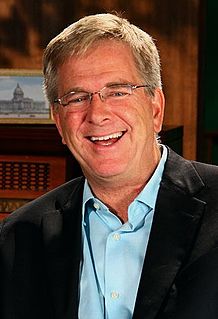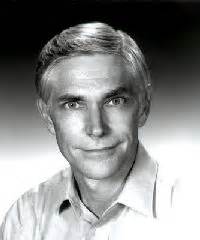A Quote by Steven Morrissey
I'm dramatically underexposed. I demand more attention!
Quote Topics
Related Quotes
The 1970s was the decade of liberation, of anger at injustice and demands for recognition and rights. But over time, the demand for specific rights degraded into a generalized sense of entitlement, the demand for specific recognition into a generalized demand for attention and the anger at specific injustice into a generalized feeling of grievance and resentment. The result is a culture of entitlement, attention-seeking and complaint.




































